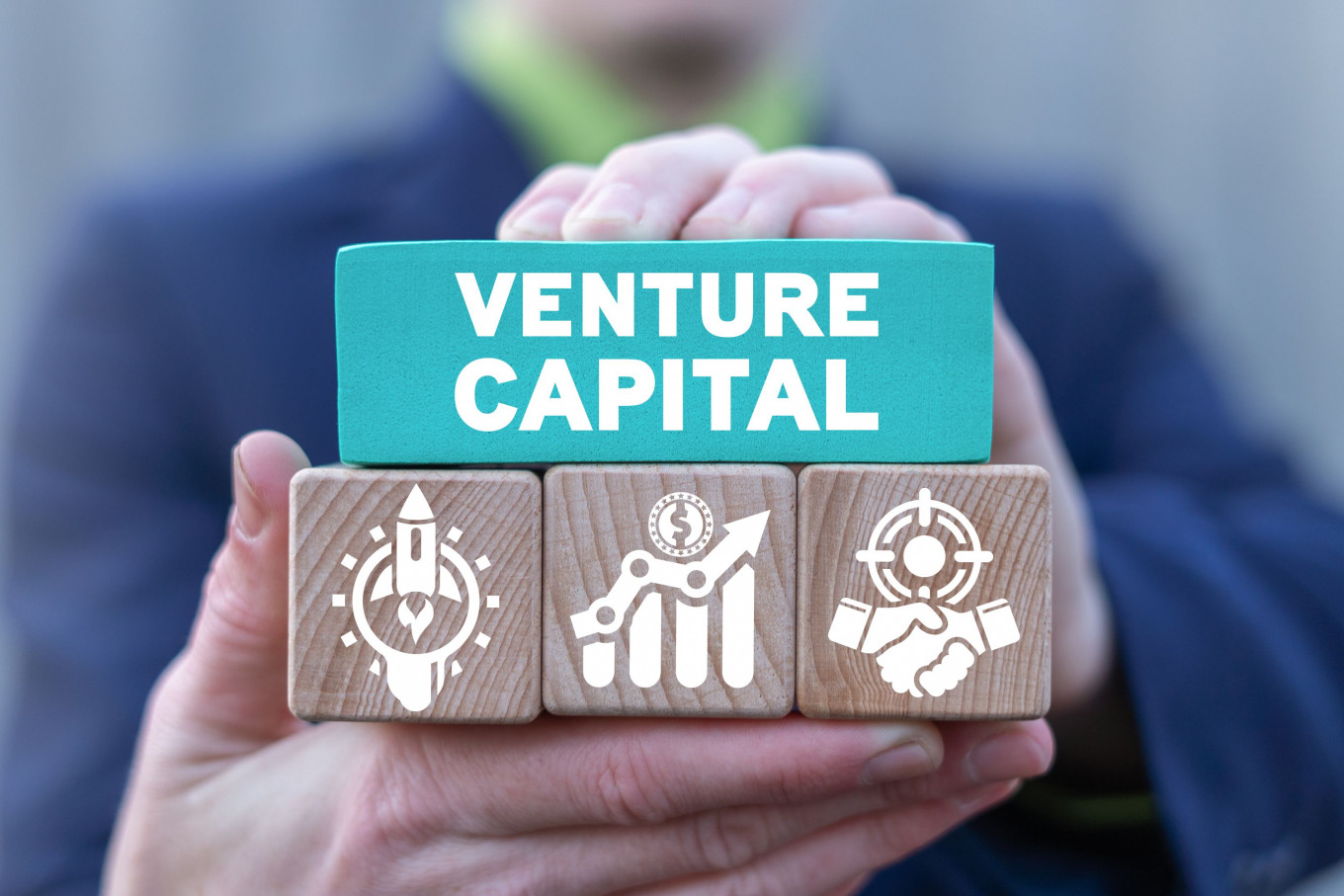Popular Reads
Top Results
Can't find what you're looking for?
View all search resultsPopular Reads
Top Results
Can't find what you're looking for?
View all search resultsZombie VCs might arise in Indonesia
Global venture capital (VC) fundraising tumbled by a double-digit percentage in 2022, and some insiders see the next few years as the night of the living dead, where zombie VC firms would arise.
Change text size
Gift Premium Articles
to Anyone
F
aced with macroeconomic headwinds, global venture capital (VC) fundraising has tumbled by a double-digit percentage in 2022, and some insiders see the next few years as the night of the living dead, where zombie VC firms would arise.
The term has been used to describe VC firms that fail to prosper and are only there to manage their existing portfolios. Incapable of raising more funds, they might languish in the tech space for years or even decades, given the long-term nature of VC investment.
“That number could be as high as 50 percent of VCs in the next few years,” said Maelle Gavet, CEO of a global entrepreneur network Techstars, as reported by CNBC.
Indonesia, despite its relatively strong macroeconomic standing, is not deemed immune to this phenomenon, as it has become harder to raise funds in the country.
One of Indonesia’s biggest VC firms, East Ventures, makes no secret of the tougher fundraising environment, despite raising US$550 million for early stage and growth stage deals in the first half of 2022.
Read also: East Ventures raises $550m to fund Indonesian start-ups
“Overall, we would say the fundraising was challenging, but that doesn't mean that fundraising cannot be done,” East Ventures cofounder and managing partner Willson Cuaca told The Jakarta Post on Tuesday.
Investors were more careful today due to economic uncertainty but still very interested in Indonesia’s “big untapped potential,” Willson said.
DealStreetAsia reported on Monday that Southeast Asia-based VC firms had closed a total of 31 funds throughout 2022, amounting to a total of $4.14 billion investment raised, which is higher than the pre-pandemic level.
However, a report released by Pitchbook on Feb. 22 reveals that global VC fundraising dropped by 11.4 percent to $252.6 billion in 2022.
Only 1,381 funds were launched in 2022, far less than the prior year’s 2,495, according to Pitchbook’s annual Global Private Market Fundraising Report.
“2022 fundraising activity was buoyed by the first half of the year, which accounted for 66.1 percent of total fundraising value,” wrote Pitchbook venture capital analyst Max Navas in the report.
Navas noted that, on average, general partners (fund managers) took nearly 14 months to close funds, meaning that funds closed in that first half had been locked in since 2021, “a year where exit activity and limited partners [LP] demand were high.” LPs are among the most common VC investors.
Roshan Raj Behera, the Southeast Asia partner of Indian management-consulting company Redseer told the Post on Monday that LPs were mindful of where they deploy the money, due to “changing macroeconomic reality,” where growth is slower and interest rates are higher.
“This has increased the cost of capital. […] Private market tends to be less liquid [and] in current conditions, exits from private market investments are low,” said Roshan.
“LPs might prefer to wait for greater macro stability before reinvesting in [VCs],” he added.
Read also: Will start-ups change when the winter passes?
Association of Indonesian Venture Capital and Start-ups (Amvesindo) chairman Eddi Danusaputro is not spooked by zombie VCs, explaining to the Post on Tuesday that the phenomenon could be seen as a consolidation phase “a maturing process for the industry.”
Eddi argued that this was not merely an issue of liquidity, the increasing cost of capital or the unconducive investment climate, but that track record mattered too.
“Many VCs went all-out in the past 10 years, they got easy money, got all the investors and it was easy to deploy the investment, but we don’t know the returns,” Eddie said.
Explaining something along the same lines, Navas wrote that 2022’s capital concentration set a new record, as experienced managers captured $169.8 billion or 66.8 percent of the entire capital raised last year.
Roshan agreed that track record was the decisive variable that may determine whether a VC turned into a zombie or continued to live.
“Matured general partners have a longer track record and are likely to have invested in prior down cycles. They will face relatively low or no challenge to tide over the current phase,” said Roshan.
Despite the current difficulties and the gloomy outlook, Eddi remains optimistic about the longer-term prospects, even if investment may plateau in the coming years.
“In my opinion, the money will be there; [the investors] will be more selective, that’s all,” he said.
The maturing process, explained Eddi, also reflected in what types of investors were legally allowed to get into the business.
He suggested that the regulatory environment in Indonesia was stifling, noting that investors that were common VC backers abroad, such as pension funds or university endowments, were not allowed to do so in the country.
“In the long run, when the industry is more mature and when regulations allow it, the investor base for VCs should grow, too,” said Eddi, “but that needs time.”










